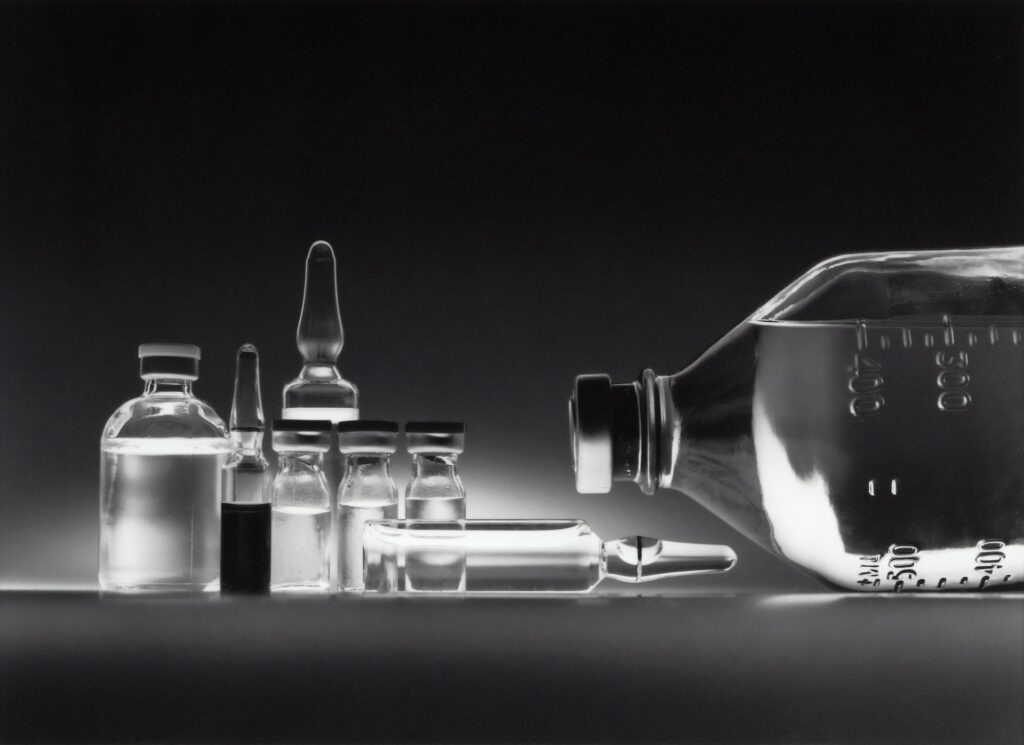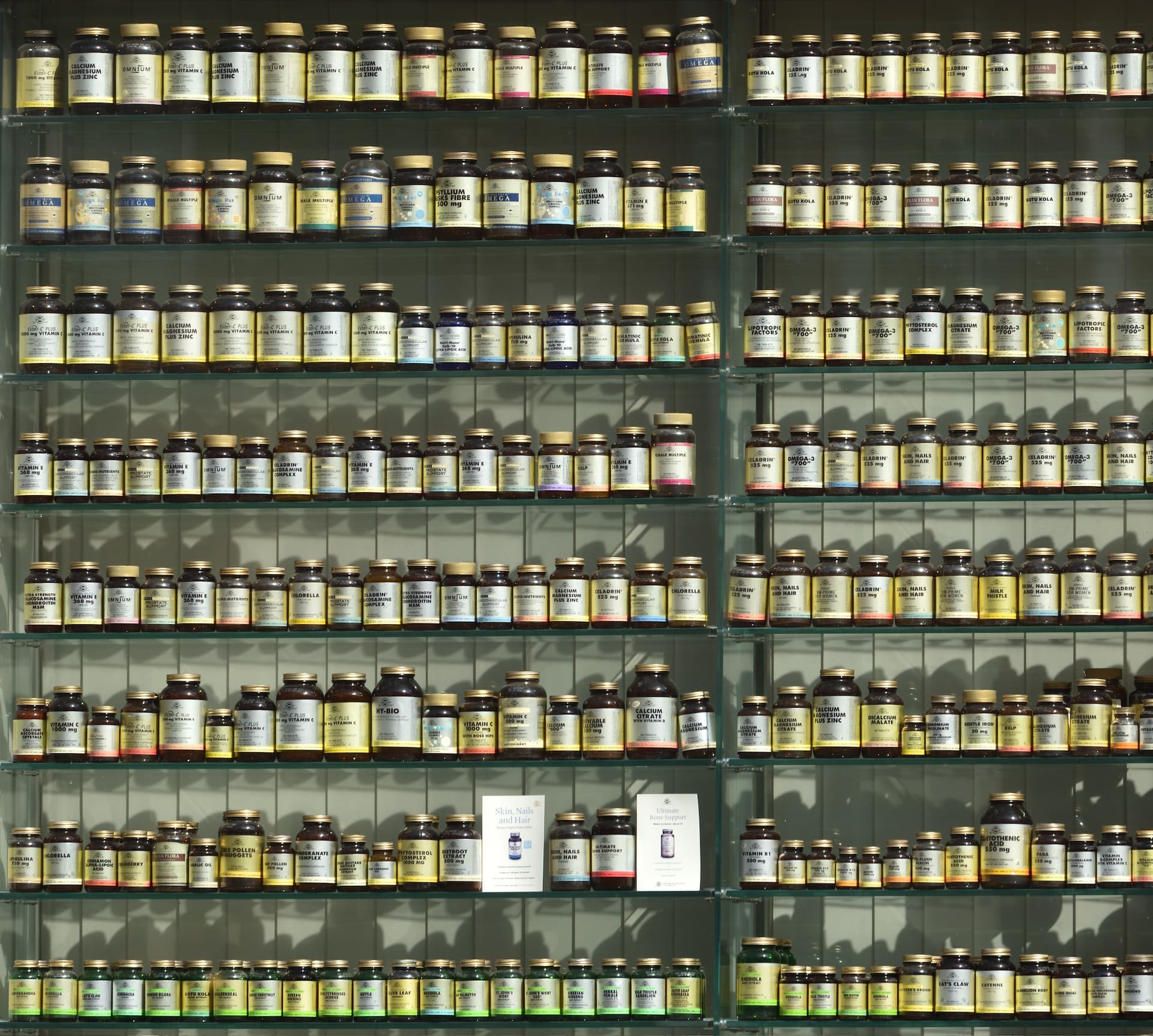If you’re shipping pharmaceutical products, you know that they must be stored and shipped at a certain temperature to avoid spoilage or loss. Temperature excursions can cause product rejection and financial damage.
The right logistics partner can help you ensure your pharma shipments are maintained at the correct temperature. This is especially important for newer and specialty pharmaceuticals that require exceptionally tight cold chain management.
Temperature Control
For pharmaceutical products, temperature is a key element of the cold chain logistics process. This involves ensuring that shipments remain at a specific temperature throughout their transportation and storage process, from origin to destination.
While most pharma products can be shipped without refrigeration, certain drugs need to be maintained at an extremely low temperature for optimal efficacy. For these drugs, refrigerated vehicles are used to ensure that the product remains at a stable temperature throughout the transport process.
Specialised insulated containers are also commonly used in this type of shipment, as they can protect the product from temperature fluctuations, sunlight and humidity. Shipments of biological goods, such as hemoglobin and regeneration agents, are often packed in thermal, cryogenic containers that can withstand temperatures as low as -150 degrees Celsius.
When it comes to pharmaceutical shipping, many companies outsource the task to independent logistics providers who can ensure their supply chain practices meet strict standards. Still, unforeseen snags and evolving regulations can make shipping a challenging endeavor.
Safety

The transport of temperature sensitive pharmaceuticals requires extensive care and attention to ensure the products are safe and remain intact throughout the distribution process. This can be particularly difficult to achieve due to the inherent risks involved.
Even the smallest temperature excursion could ruin a shipment, costing hundreds of thousands of dollars in damage and potential loss of life. This is why refrigerated pharmaceutical transport is essential for ensuring the products are delivered safely and intact.
Pharma logistics companies often choose road transportation when handling temperature sensitive goods due to its speed and efficiency, although air is also an option. The latter is preferred for long distances, but is a less common option.
In addition to temperature control, a number of other measures can be taken to ensure the safety of shipments. These include tamper evident tape and a good level of insurance coverage. Discrete container labeling can also help prevent theft.
Tracking
For logistics and transport managers, refrigerated pharmaceutical transport tracking is a critical component of maintaining what is called cold chain integrity. For temperature-sensitive goods, such as medicines, the smallest temperature excursion can ruin a shipment and cost a business a significant amount of money.
In the case of pharmaceuticals, this means ensuring all shipping regulations are followed from manufacturers and the Food and Drug Administration (FDA). A good understanding of the cold chain coupled with proper risk management ensures shipments reach their intended destination intact.
A professional with experience in pharma transport can help you stay compliant, keep your goods safe and get complete visibility of the delivery. This will save you time and money by reducing the number of issues that can occur during the shipment process.
Pharmaceutical products are a special category of cargo that require specialised equipment and handling. They are typically subject to a wide range of laws and regulations. It’s also important to make sure the company you work with holds all necessary licensing and knows the requirements for transporting pharmaceutical goods.
Logistics
The refrigerated transport of pharmaceuticals requires a special set of logistics to ensure safe and effective delivery. This includes temperature controlled packaging and storage, a robust cold chain, and reliable tracking.
Temperature-sensitive goods can become ineffective or even deadly if not stored and transported correctly, which is why London couriers same day delivery prove to be very useful, as they lessen chances of these goods going bad. This is also why regulators have made it increasingly important for pharmaceutical companies to follow strict guidelines when it comes to distributing these products.
To ensure that their cargo is properly maintained, pharmaceutical shipping firms need to use specially adapted transport containers. These include reefer trucks that can keep a specified temperature throughout the entire transport process.
This ensures that the drugs remain in optimal condition and prolong their efficacy during transit. It also prevents the drugs from becoming spoiled by exposure to ambient temperatures outside of their designated range.








